 The American Petroleum Institute has developed an internationally recognized Pipeline Inspector certification (API 1169) relating directly to the construction of new oil & gas pipeline systems. The tough examination process tests inspector knowledge on federal regulations including the environmental and quality principle aspects of new pipeline construction. Inspector's must meet experience and educational requirements prior to challenging the API 1169. ALBUQUERQUE, NEW MEXICO - July 28, 2016 The API 1169 Pipeline Inspector Certification is relatively new to the industry. Developed by oil and gas experts, this certification became public knowledge in late 2014. While responses from the oil & gas sector were initially gradual, the API 1169 program has exploded in recent months, with training for the API 1169 exam in high-demand, according to Velocity Training's media relations advisor, Jessica Krueger. "This is largely due to major players, such as INGAA and CEPA, endorsing the API 1169 certification and making it a requirement for all inspection resources to have taken and passed the exam by the end of 2018", she said in a statement issued last week. This sudden popularity has taken many by surprise, including well-respected pipeline inspection veteran, Ruben Quartana - a former Chief Inspector for Rice Energy with 20+ years in the pipeline sector. "I am not a guy that typically believes in certifications making a quality inspector but this is what the industry is moving towards. After taking the 90 day Online exam prep course with VTES™ and then taking & passing the API 1169 exam, I can see the tremendous value it brings to an industry that has long been infiltrated by individuals with less experience and knowledge than they should have had. I see the API 1169 program as a step in the right direction for eliminating the 'it's not WHAT you know but WHO you know' crowd that has given us pipeline inspectors a bad rep", Mr. Quartana said, after a brief discussion with the pipeline professional yesterday. The statistics released by the American Petroleum Institute indicate the API 1169 exam is not easy for many people to pass. In 2015, the average pass rate for the exam was reported to be a very low 48.6%. According to Velocity Training, the world-wide industry leader in both enrollment and pass rates for the API 1169 examination, the lack of quality preparation and understanding of the testing format is likely what led to such a dismal success rate for most inspectors. On the training side of the exam, VTES™ says that their students are mastering the Body of Knowledge for the API 1169 and boast a 96% passing rate for the July exam test window; an industry leading result. More About VTES™ How long has Velocity Training been involved in the offering of 100% on-line API 1169 exam preparation courses? Their senior instructors and subject matter expert (all former inspectors with extensive backgrounds) spent nearly a year developing the course material before becoming the world's first on-line training platform for the API 1169 in early 2015. Since that time, they have released many updates and revisions to adapt to changes in the API 1169 requirements. A new release is slated for deployment onto its sophisticated learning management system at the end of August 2016. "We expect to have over 1,000 practice exam questions within our timed API 1169 practice exams, as well as more in-depth training tools developed to adapt to more learning styles", says Ms. Krueger. Answering the industry's need for better exam training has also led the Velocity Training team to begin offering API 1169 instructor-led classroom training combined with their on-line supplemental training; creating a blended learning tool capable of extending the depth of retention for inspectors. Either option inspectors choose, will significantly improve their chances of successfully passing the API 1169 Pipeline Inspector certification exam. Major organizations, in the United States, Canada, and Australia, that offer inspection resources to the oil & gas pipeline transportation companies, have teamed up with Velocity Training to assist their inspection staff and ensure they have the resources to prepare themselves for the exam. The ultimate goal is that they have the certified staff ready for when the industry will implement the API 1169 requirement across all projects. Original Source: API 1169 Pipeline Inspector Certification: Pipeline Industry Responses Are Strong According to Velocity Training
0 Comments
We created the PCI-2100 and PLI-2200 certification courses as a challenge to the industry professional. A challenge that they could be better. A challenge to improve the industry. The PCI-2100 and PLI-2200 are not just examinations, like the API 1169. These courses provide the training behind the purpose of the exams. It's easy to make a test. What is difficult is making a comprehensive course that can train you to pass it. These courses are designed for anyone that works on the right-of-way, from contractors to inspectors to office staff and support personnel. The PCI-2100 and PLI-2200, just like the API 1169, tests your specific knowledge (your ability to locate and answer questions according to codes and standards) and your general knowledge base. We don't throw you to the wolves though - We provide the training and mentorship to back it up. This will continue long after you have taken the course.
Marcellus and Utica Shale gas will get access to an important new market, but not until 2019. Northeast gas will be able to service the very populous southeastern states of Georgia and Florida in about three years’ time with the construction of two new pipelines. The first pipeline is called the Sabal Trail, a 516-mile pipeline from Alabama through Georgia and then through much of Florida. Sabal Trail is a Spectra Energy, NextEra Energy and Duke Energy joint venture with Spectra taking the lead. Two weeks ago, after a 2 1/2 year-long process, the Federal Energy Regulatory Commission (FERC) approved the...READ MORE HERE
iT'S A FACT. PIPELINE UTILITY INSPECTORS NEED MORE TRAININg!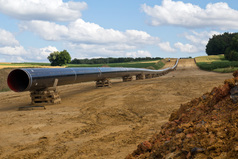 Over the years, it has been obvious that new pipeline inspectors lack a certain overall knowledge of the pipeline industry and how to adequately execute their jobs as utility inspectors. We have found that it is not in their desire to be viewed in such a manner but in their lack of access to quality training. Many clients require some version of on-board training but usually rush the inspectors through the courses in order to satisfy the PHMSA requirement of utilizing "qualified" inspectors. Many use simple 10 - 15 question quizzes to test this knowledge base and, well, it is simply not adequate. Pipeline construction and integrity inspectors are the eyes and ears of the clients they are contracted to during their projects. The problem of zero REAL utility inspector certification begins to reveal itself within the pipeline inspector's reporting and on the right-of-way. What occurs is the client does receive accurate information to file in their historical database and maintenance records and in the field, the title of "Pipeline Inspector" loses its value. API has introduced an API 1169 Pipeline Construction Exam for individuals that meet a certain experience requirement but does not address the bold faced issue that there is honestly not enough inspectors or individuals that can satisfy the large "ramp-ups" that some projects encounter to meet dead-lines. So, what happens to the thousands of inspectors that have been in the industry less than 3 years? There wasn't any satisfactory training out there for them. The client's on-board training certainly didn't meet the standard. Sure, there are many 3 to 4.5 day "training" classes out there that a 10 year old could pass, but who are we kidding? Do you want to be CERTIFIED AND QUALIFIED or just say that you are? I think we have even seen a "101" class out there that is a sloppy 2 hour video but it does give you a pretty piece of paper to hang on the wall. We believe that inspectors should study constantly and when they take a class or utility inspector training course it should be thorough, give them time to absorb the information, and challenge them. You decide for yourself. Start your REAL training today! Thank you, The Velocity Training Team Some members have requested that we re-post a blog we set up last year that listed a collection of out of country pipeline construction companies. Not a bad gig if you can get over there. Depending on where the project is located, the pay could be very rewarding. Most companies do require some type of country specific work permit but they walk you through the process if you ask. Alright, well here is the list: (if you know of any others, let us know and we will put it up right away)
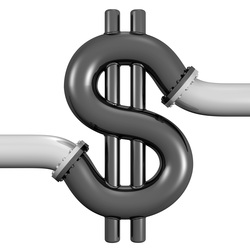 Well, politics work in your favor sometimes. That is, when an election is coming, of course. When we say "your" we mean those of you that depend on new pipeline projects being approved. For those of you reading this (that are not aware), yesterday March 4th, the U.S. Senate failed to achieve enough votes to over-ride the President's veto of the Keystone XL Pipeline Approval Act. It's simple math really. The Keystone XL Act passed both houses of congress with approximately 62% support. That means in order to achieve the 2/3 majority required to over-ride a presidential veto would put the number of votes as of the original passage at 19. Nineteen votes is all that separated this project from approval. It puts things into perspective when you look at it from that angle, doesn't it? Nineteen votes away from hundreds of inspection jobs. Ok, so we know that people can debate the actual final amount of inspection jobs that would have been needed throughout the duration of this project, but we are sure we can all agree that INSPECTORS would have been hired. Why is this important? We think with the falling oil prices worldwide that new construction inspection jobs might get scarce for awhile. Now we realize maintenance and integrity work will ALWAYS be around but no U.S. pipeline inspector likes it when potential jobs or future projects disappear. Political preference aside - this vote did not fall in OUR favor. Back to the 19 votes. As we mentioned before, it is simple math. Only 3 of the 20 Democrats (needed to pass the over-ride) that voted against the approval and represent swing states are up for re-election in 2016. Obviously, they considered the electorate blow back and determined that the political consequences were either too far in the future for the voters to remember or just non-existent. We would like to know what you think? Also, if any members want us to repost any of the historical blogs, let us know. We apologize that the content was lost due to our blog hosting provider. We should be fine now that we have switched to hosting the Member Zone here! Stay Safe, The Velocity Training Team |
Archives
August 2016
AuthorThe VTES™ Team Categories
All
|

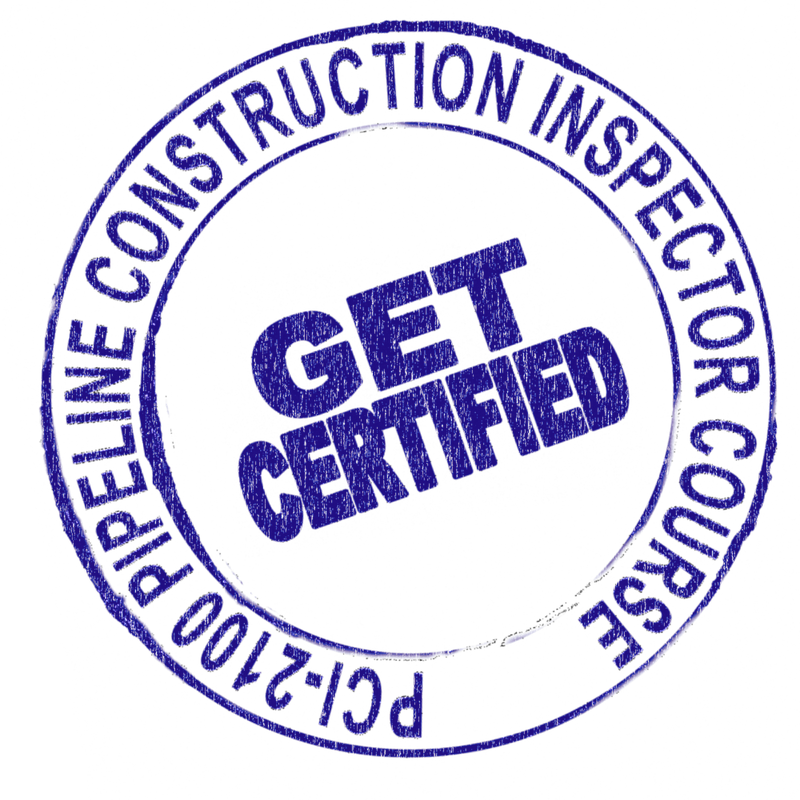
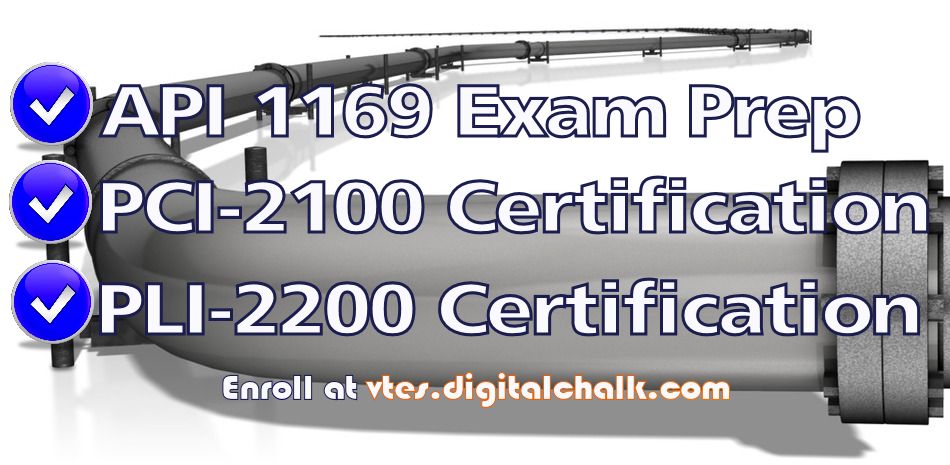

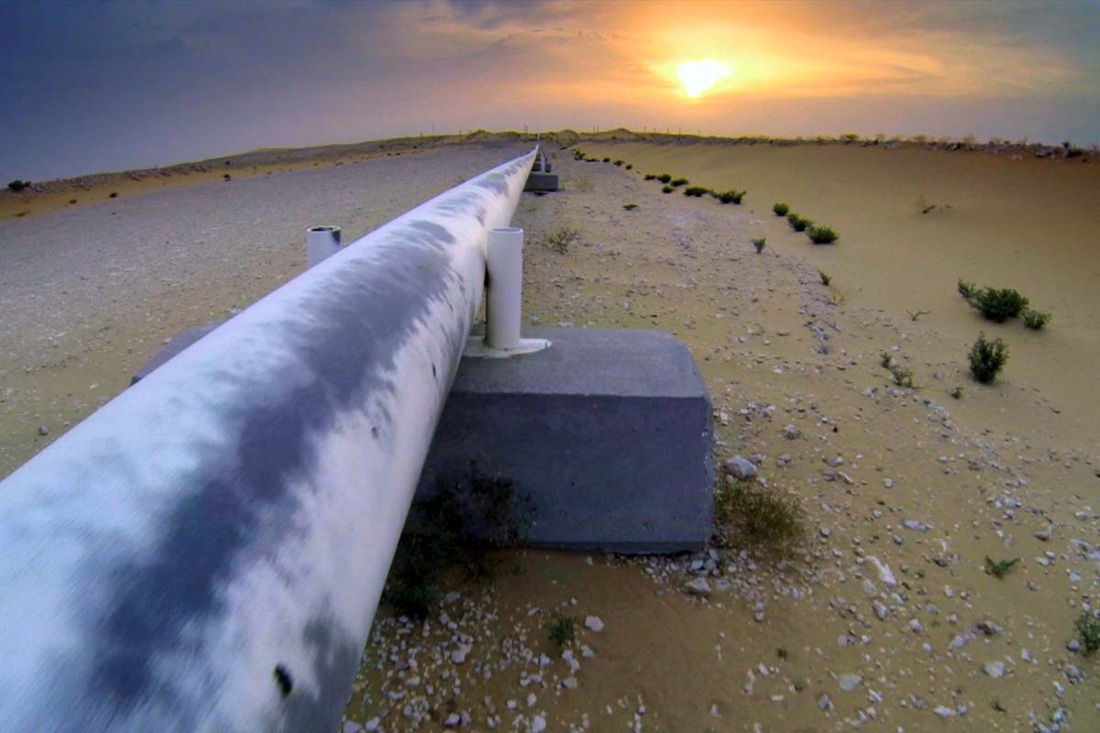
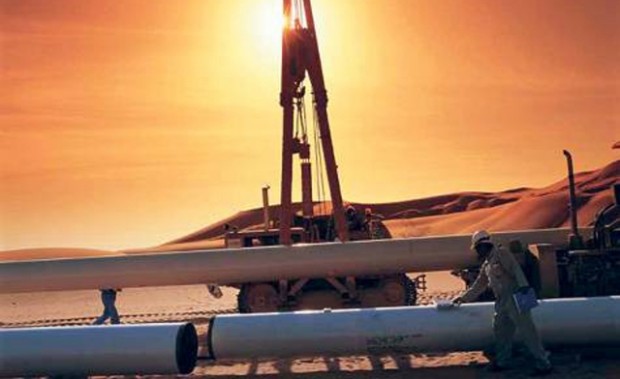

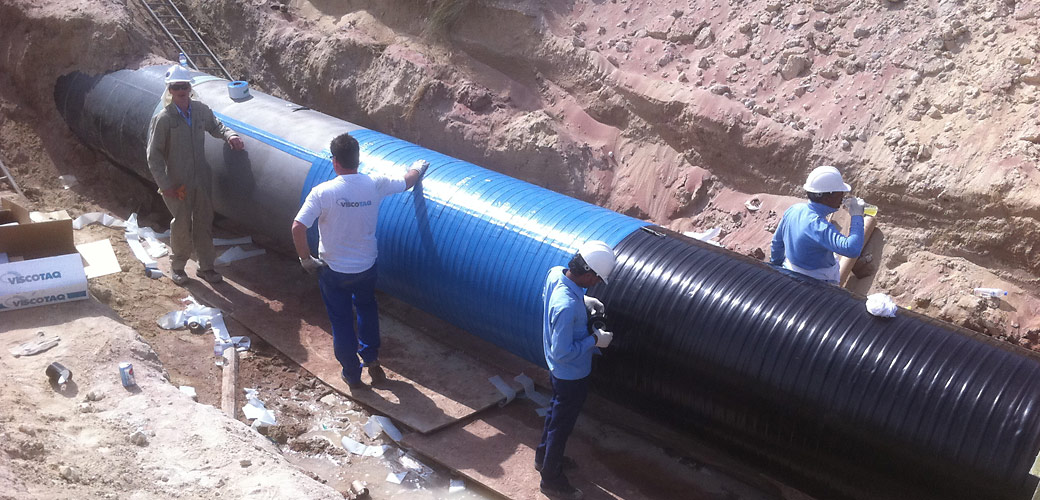
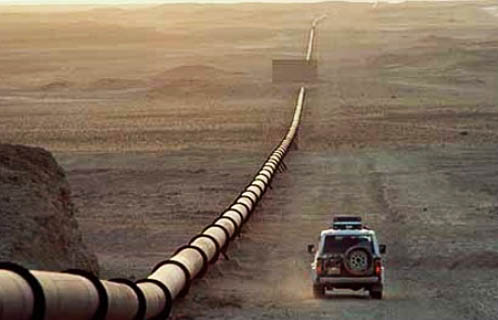
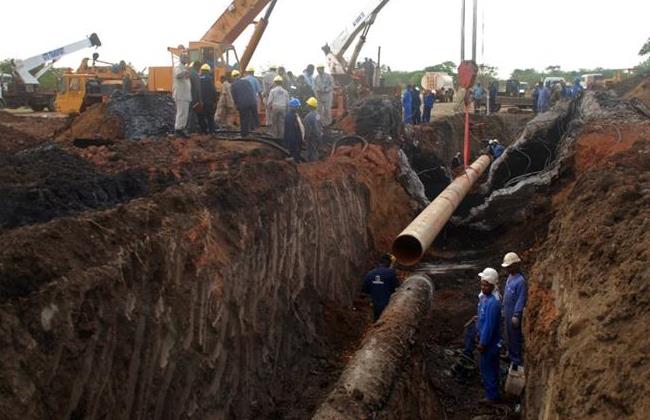
 RSS Feed
RSS Feed

